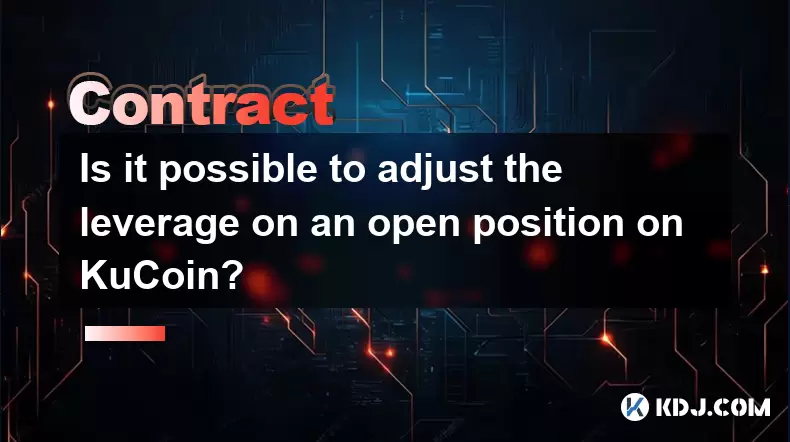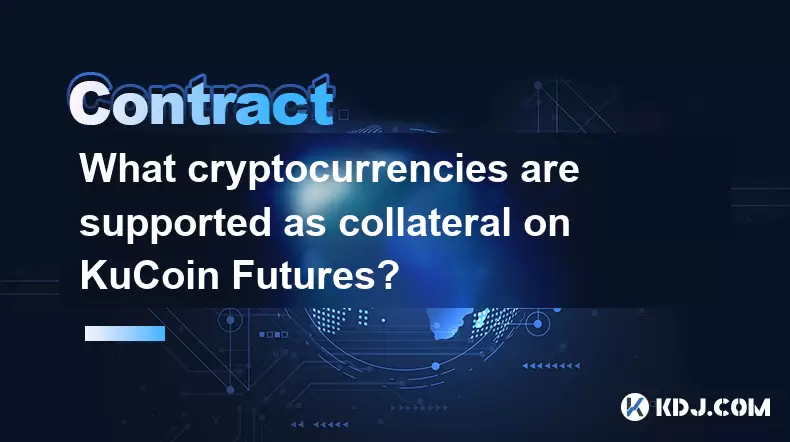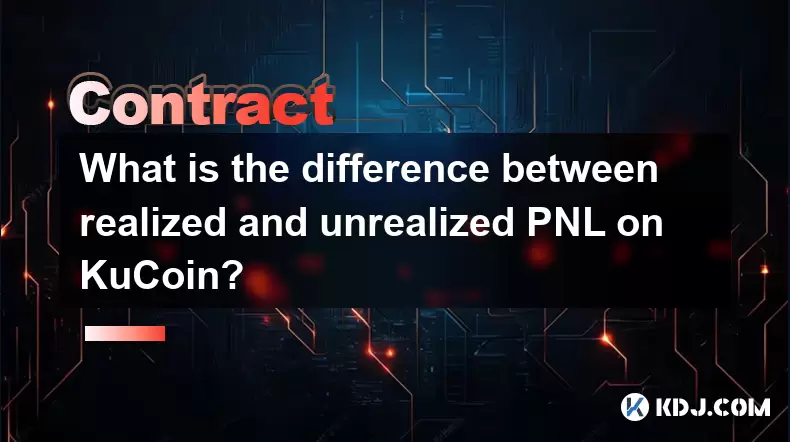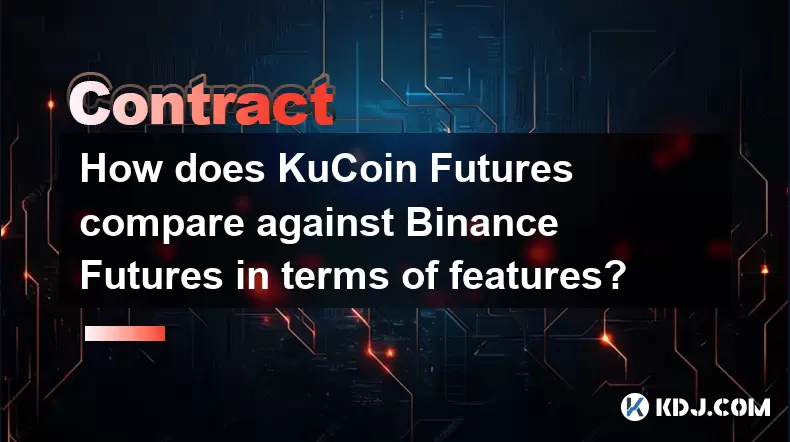-
 Bitcoin
Bitcoin $117600
0.25% -
 Ethereum
Ethereum $4424
0.10% -
 XRP
XRP $3.101
0.50% -
 Tether USDt
Tether USDt $1.001
-0.01% -
 BNB
BNB $836.2
1.26% -
 Solana
Solana $188.8
2.11% -
 USDC
USDC $1.000
0.01% -
 Dogecoin
Dogecoin $0.2301
0.57% -
 TRON
TRON $0.3485
-1.00% -
 Cardano
Cardano $0.9209
-1.34% -
 Hyperliquid
Hyperliquid $46.72
-1.19% -
 Chainlink
Chainlink $22.62
4.84% -
 Stellar
Stellar $0.4275
-0.38% -
 Sui
Sui $3.761
1.91% -
 Bitcoin Cash
Bitcoin Cash $586.7
-0.25% -
 Ethena USDe
Ethena USDe $1.001
0.01% -
 Hedera
Hedera $0.2510
2.06% -
 Avalanche
Avalanche $24.21
2.22% -
 Litecoin
Litecoin $119.7
1.07% -
 Toncoin
Toncoin $3.450
1.06% -
 UNUS SED LEO
UNUS SED LEO $9.411
-0.93% -
 Shiba Inu
Shiba Inu $0.00001298
1.20% -
 Uniswap
Uniswap $10.98
3.25% -
 Polkadot
Polkadot $3.961
2.16% -
 Dai
Dai $1.000
0.00% -
 Bitget Token
Bitget Token $4.642
0.95% -
 Cronos
Cronos $0.1514
0.57% -
 Ethena
Ethena $0.7290
3.78% -
 Monero
Monero $254.1
7.69% -
 Pepe
Pepe $0.00001102
2.47%
How to open high multiple contracts on DigiFinex
DigiFinex's high multiple contracts provide users with an opportunity to enhance potential returns on crypto assets, but it's crucial to carefully consider the risks associated with leverage and market volatility.
Dec 02, 2024 at 02:08 am

How to Open High Multiple Contracts on DigiFinex
DigiFinex, a leading cryptocurrency exchange, offers high multiple contracts, a type of derivative product that allows users to amplify their potential returns on the underlying asset. This guide will provide a step-by-step process on how to open high multiple contracts on DigiFinex, along with a comprehensive explanation of the potential risks and rewards associated with this trading strategy.
Prerequisites
- Create an account on DigiFinex and complete KYC verification.
- Fund your account with supported cryptocurrencies.
- Understand the risks and rewards associated with high multiple contracts.
Step 1: Navigate to the High Multiple Contracts Page
- Log in to your DigiFinex account and navigate to the "Derivatives" section.
- Under "Contracts," select "High Multiple Contracts."
Step 2: Select the Underlying Asset and Contract Type
- Choose the underlying asset you want to trade, such as BTC, ETH, or USDT.
- Select the contract type, which specifies the leverage and expiry date of the contract. Leverage refers to the amount of borrowed funds used to amplify potential returns, while expiry date determines the contract's lifespan.
Step 3: Place an Order
- Specify the order type, such as limit order or market order.
- Enter the order quantity, indicating the number of contracts you wish to open.
- Set the order price for limit orders.
Step 4: Adjust Leverage
- Leverage is a key factor that can significantly impact potential returns and risks.
- DigiFinex offers leverage ranging from 1x to 125x. Higher leverage increases potential profits but also magnifies potential losses.
Step 5: Monitor Performance and Manage Risk
- Once the contract is open, monitor its performance in real-time.
- Implement risk management strategies, such as stop-loss orders, to manage volatility and limit potential losses.
Potential Rewards and Risks
Rewards
- Amplified return potential due to leverage.
- Opportunity to capitalize on price movements without holding the underlying asset.
Risks
- Liquidation risk: Extreme price movements can lead to contract liquidation, resulting in the loss of initial capital and any realized profit.
- Market volatility: High multiple contracts are highly sensitive to market volatility, which can result in sudden and significant losses.
- Margin call: Leverage increases the potential for collateral depletion, triggering a margin call and requiring additional funds to maintain the contract.
Additional Tips
- Start with a small position to test your strategy and manage risk.
- Diversify your portfolio across multiple high multiple contracts to mitigate risks.
- Use stop-loss orders to limit losses, especially during periods of high volatility.
- Regularly monitor market conditions and adjust your trading strategy accordingly.
- Seek professional financial advice if you lack sufficient knowledge or experience.
Disclaimer:info@kdj.com
The information provided is not trading advice. kdj.com does not assume any responsibility for any investments made based on the information provided in this article. Cryptocurrencies are highly volatile and it is highly recommended that you invest with caution after thorough research!
If you believe that the content used on this website infringes your copyright, please contact us immediately (info@kdj.com) and we will delete it promptly.
- Kazakhstan's Crypto Leap: Bitcoin ETF and Central Asia's Digital Finance Future
- 2025-08-13 12:45:19
- BlockDAG Presale Blazes Past $371M: Fundraising Frenzy Fuels Crypto Sensation
- 2025-08-13 13:05:21
- Meme Coins: Chasing the 2025 Surge – Which Will Moonshot?
- 2025-08-13 10:25:23
- Bitcoin's Wild Ride: Rally, Pullback, and What's Next
- 2025-08-13 10:25:23
- Bitcoin, Bitmax, and Institutional Demand: A New Era of Crypto Investment
- 2025-08-13 10:45:12
- Solana, ROAM, and Airdrops: What's the Buzz in 2025?
- 2025-08-13 11:35:13
Related knowledge

Is it possible to adjust the leverage on an open position on KuCoin?
Aug 09,2025 at 08:21pm
Understanding Leverage in KuCoin Futures TradingLeverage in KuCoin Futures allows traders to amplify their exposure to price movements by borrowing fu...

What cryptocurrencies are supported as collateral on KuCoin Futures?
Aug 11,2025 at 04:21am
Overview of KuCoin Futures and Collateral MechanismKuCoin Futures is a derivatives trading platform that allows users to trade perpetual and delivery ...

What is the difference between realized and unrealized PNL on KuCoin?
Aug 09,2025 at 01:49am
Understanding Realized and Unrealized PNL on KuCoinWhen trading on KuCoin, especially in futures and perpetual contracts, understanding the distinctio...

What different order types are available to use on KuCoin Futures?
Aug 13,2025 at 11:35am
Understanding Order Types on KuCoin FuturesKuCoin Futures offers a comprehensive range of order types to accommodate different trading strategies and ...

How does KuCoin Futures compare against Binance Futures in terms of features?
Aug 09,2025 at 03:22am
Trading Interface and User ExperienceThe trading interface is a critical component when comparing KuCoin Futures and Binance Futures, as it directly i...

How can I manage risk when applying high leverage on KuCoin?
Aug 13,2025 at 11:35am
Understanding High Leverage and Its Implications on KuCoinHigh leverage in cryptocurrency trading allows users to control larger positions with a rela...

Is it possible to adjust the leverage on an open position on KuCoin?
Aug 09,2025 at 08:21pm
Understanding Leverage in KuCoin Futures TradingLeverage in KuCoin Futures allows traders to amplify their exposure to price movements by borrowing fu...

What cryptocurrencies are supported as collateral on KuCoin Futures?
Aug 11,2025 at 04:21am
Overview of KuCoin Futures and Collateral MechanismKuCoin Futures is a derivatives trading platform that allows users to trade perpetual and delivery ...

What is the difference between realized and unrealized PNL on KuCoin?
Aug 09,2025 at 01:49am
Understanding Realized and Unrealized PNL on KuCoinWhen trading on KuCoin, especially in futures and perpetual contracts, understanding the distinctio...

What different order types are available to use on KuCoin Futures?
Aug 13,2025 at 11:35am
Understanding Order Types on KuCoin FuturesKuCoin Futures offers a comprehensive range of order types to accommodate different trading strategies and ...

How does KuCoin Futures compare against Binance Futures in terms of features?
Aug 09,2025 at 03:22am
Trading Interface and User ExperienceThe trading interface is a critical component when comparing KuCoin Futures and Binance Futures, as it directly i...

How can I manage risk when applying high leverage on KuCoin?
Aug 13,2025 at 11:35am
Understanding High Leverage and Its Implications on KuCoinHigh leverage in cryptocurrency trading allows users to control larger positions with a rela...
See all articles

























































































